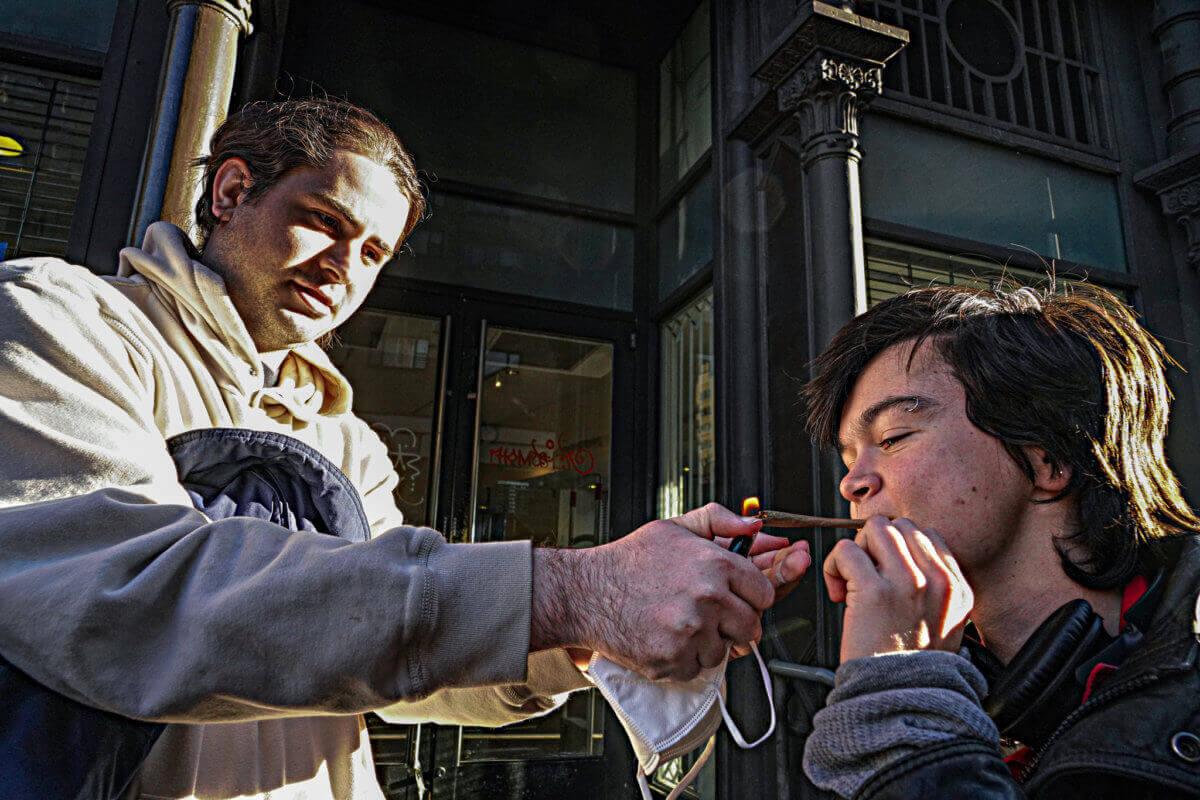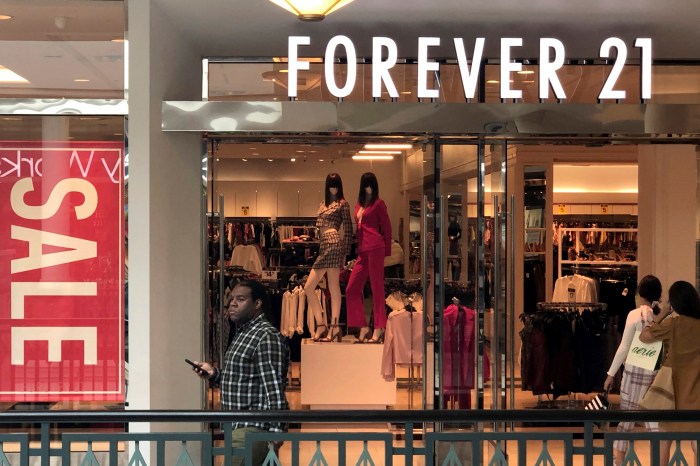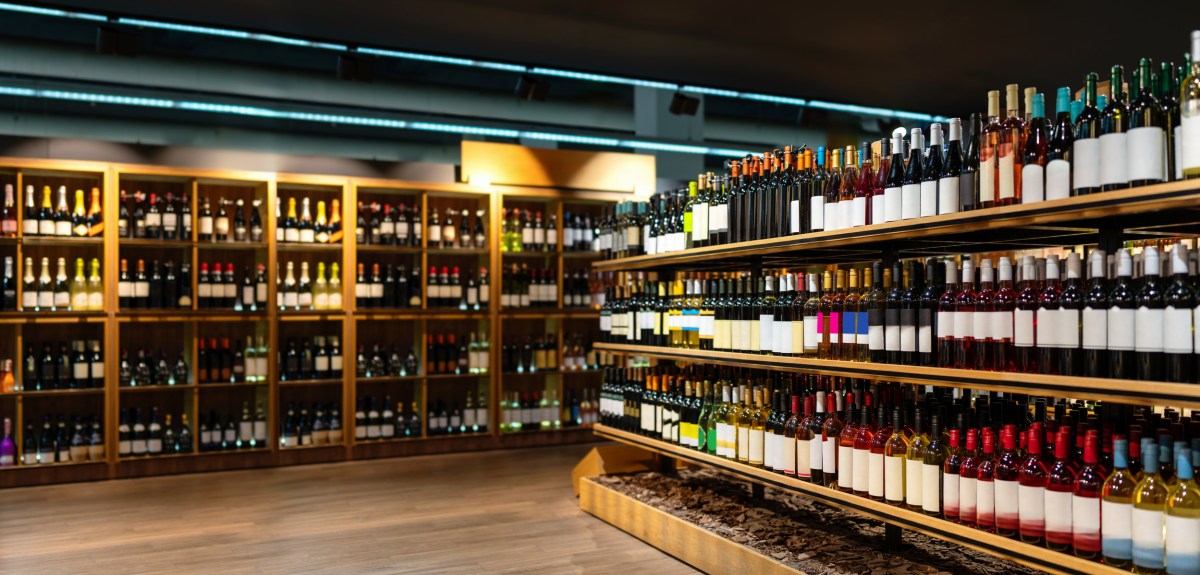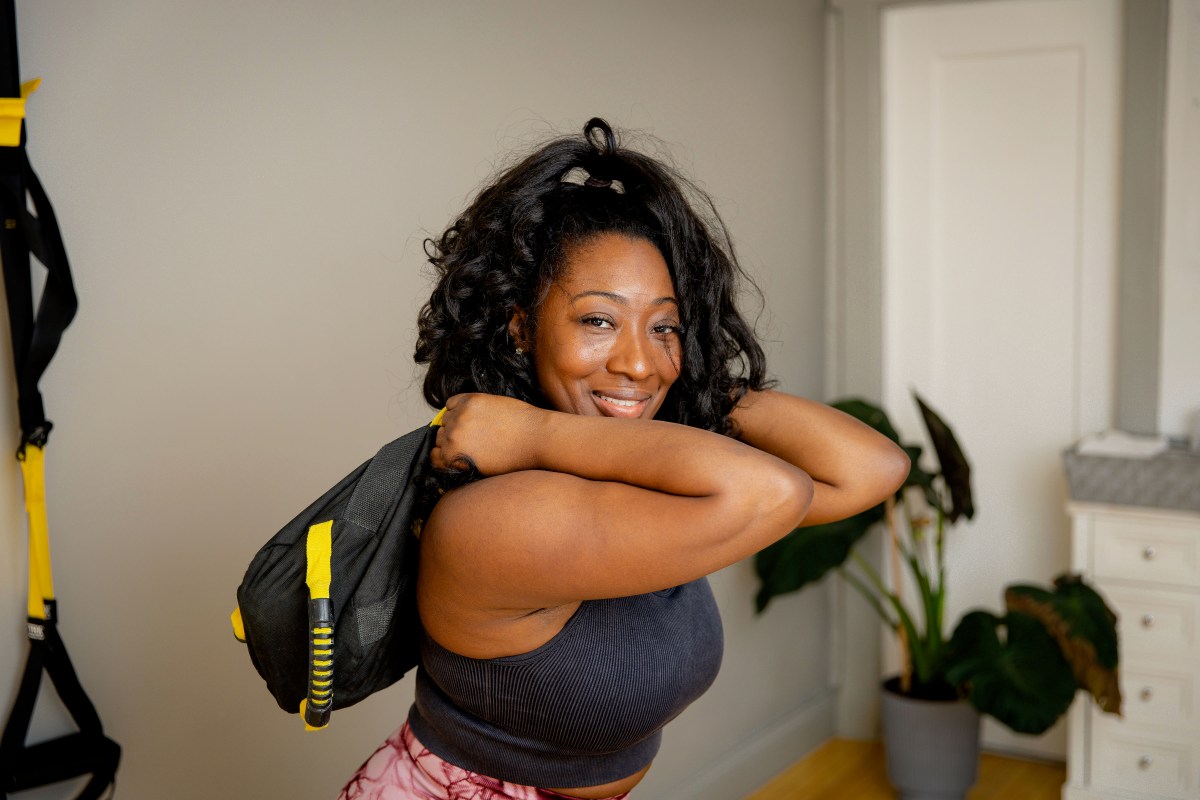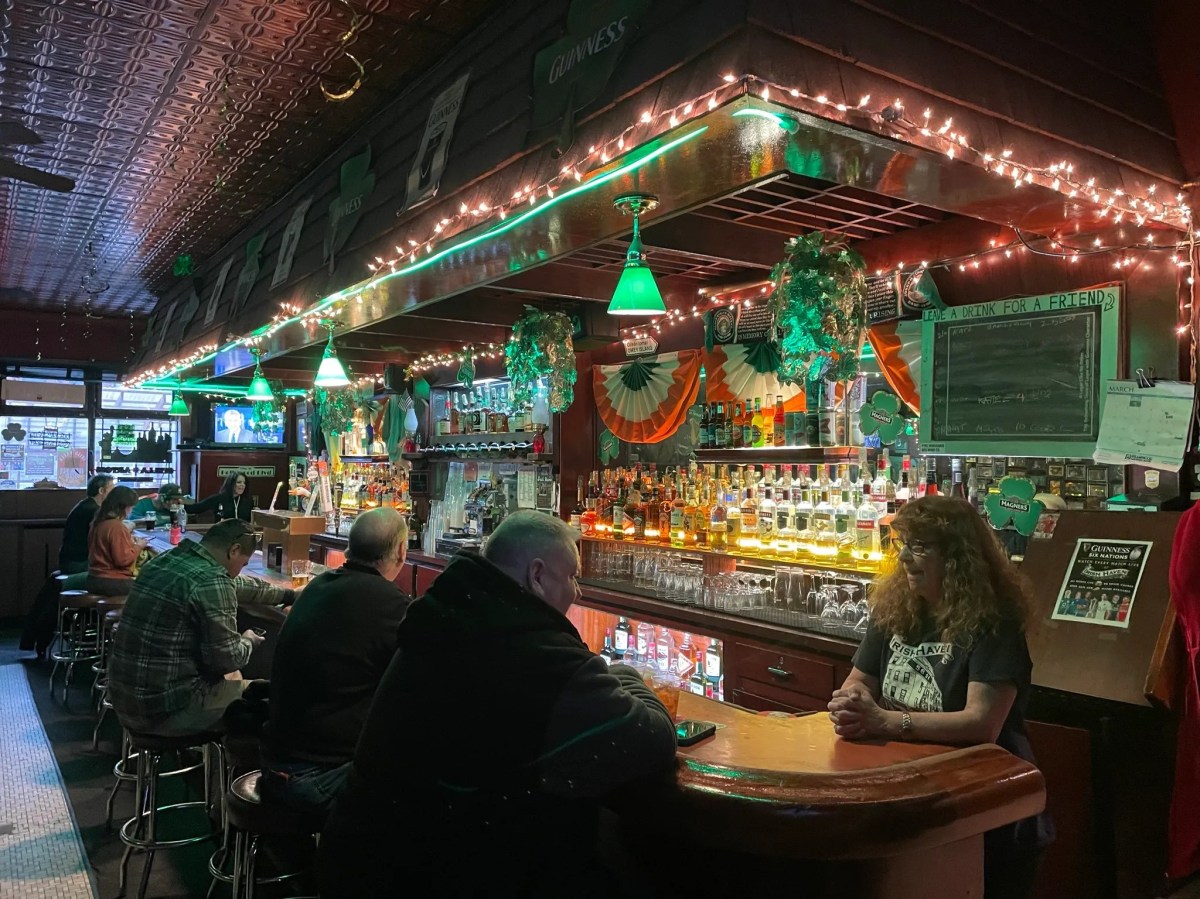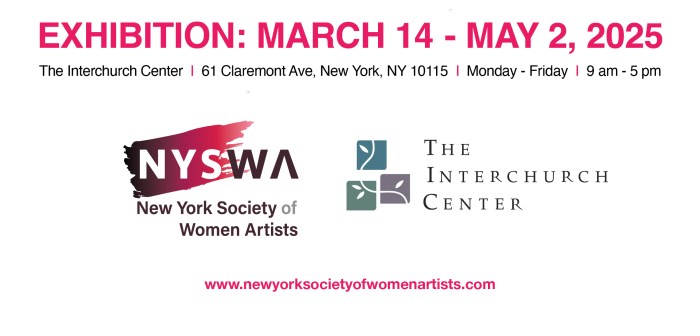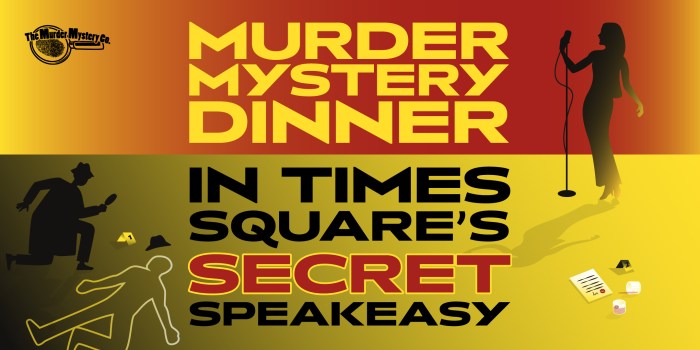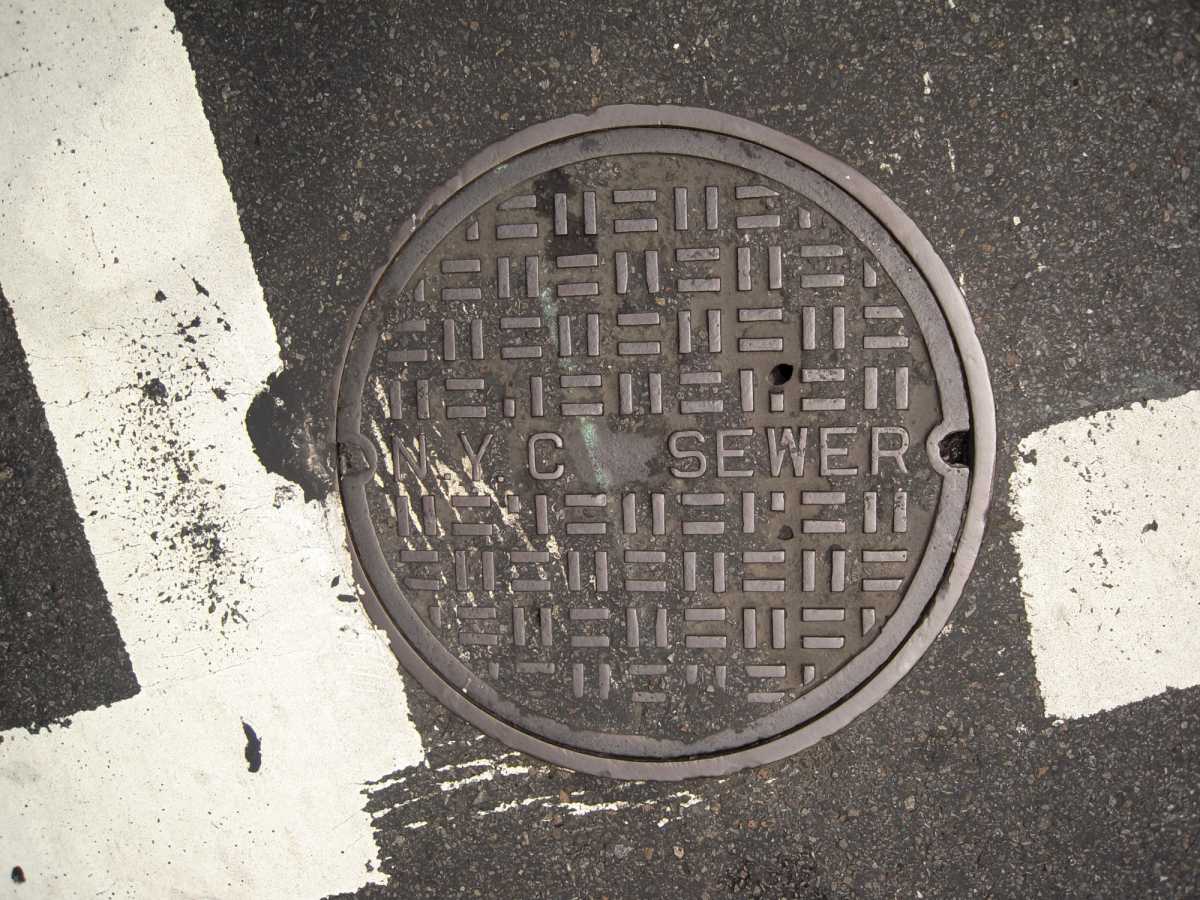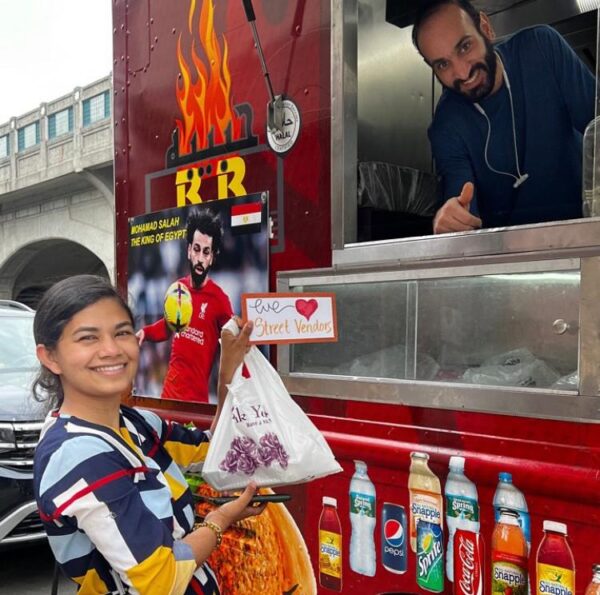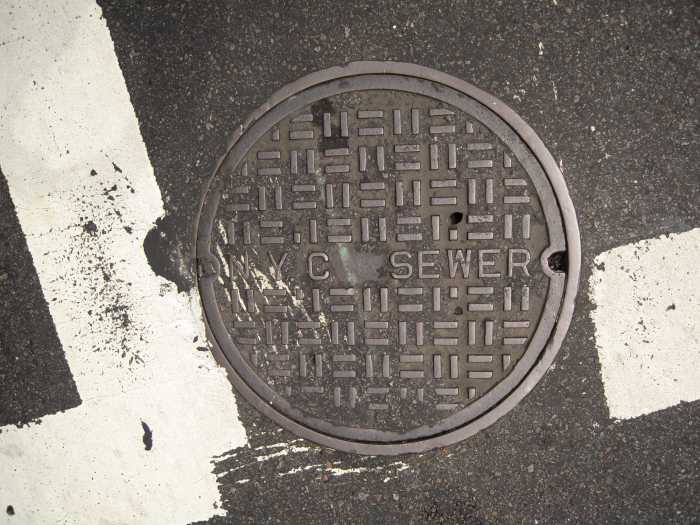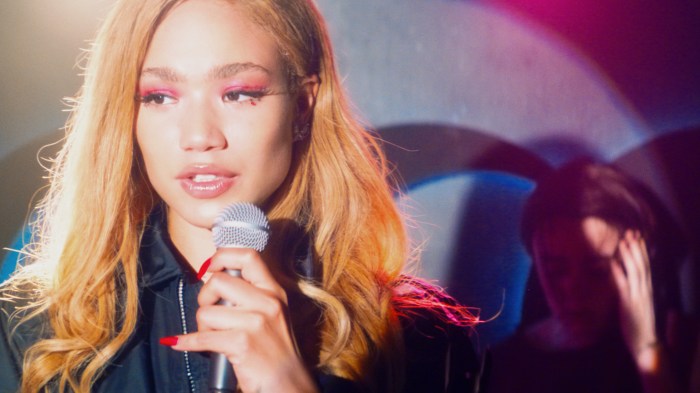Marijuana has been legal in New York state since 2021, but the level of confusion remains high as to what is and isn’t permitted under the new cannabis regulations.
Let’s cut to the most clear part of the law: New Yorkers aged 21 and over are legally able to possess up to 3 ounces of pot or 24 grams of cannabis concentrate. They can smoke it or vape it— for the most part—wherever cigarettes are permitted.
Where the confusion truly begins, however, is the method by which New Yorkers can get it in the first place, since all sales are illegal except those made by state-licensed dispensaries.
The state, excluding medical dispensaries, only permits stores with “adult-use recreational dispensary licenses” to sell it. In New York state, there are presently only seven stores that have opened with such licenses, with just four in New York City — though more are slated to open in the near future.
In New York City, the first licensed recreational dispensary didn’t open until December 2022, nearly 2 years after cannabis was decriminalized by the state via the Marijuana Regulation and Taxation Act.
Given the delay, an illegal market has mushroomed — with street vendors, truck drivers and others illegally getting in on the action. Law enforcement estimates that there are approximately 1,400 smoke shops and illegal storefronts that are peddling it across the five boroughs. Some operators are selling it out of sleek looking stores that appear to be legitimate, while others are just dealing from tacky bodegas looking to cash in on the state’s legalization of the product.
While buying from an unlicensed vendor is illegal, once the transaction is done, consumers are legally able to possess it—up to 3 ounces. This created a quirk in the law that illegal vendors are exploiting with ease.
Other means to legally get cannabis
New Yorkers with specific ailments can buy cannabis from a medical marijuana dispensary, although a health care provider must certify there is a need for it. There are 12 medical marijuana dispensaries across the five boroughs, with 40 across the state.
New Yorkers are also legally able to gift cannabis provided it is less than 3 ounces.
The state will soon allow residents to grow marijuana at home or in their apartment, although the rules have yet to be unveiled and it remains illegal for now. The basic framework will permit individuals to grow up to six plants, with a maximum of 12 per household. The rules are expected to be announced by the end of the year, according to the state’s Office of Cannabis Management.
Keeping it legal
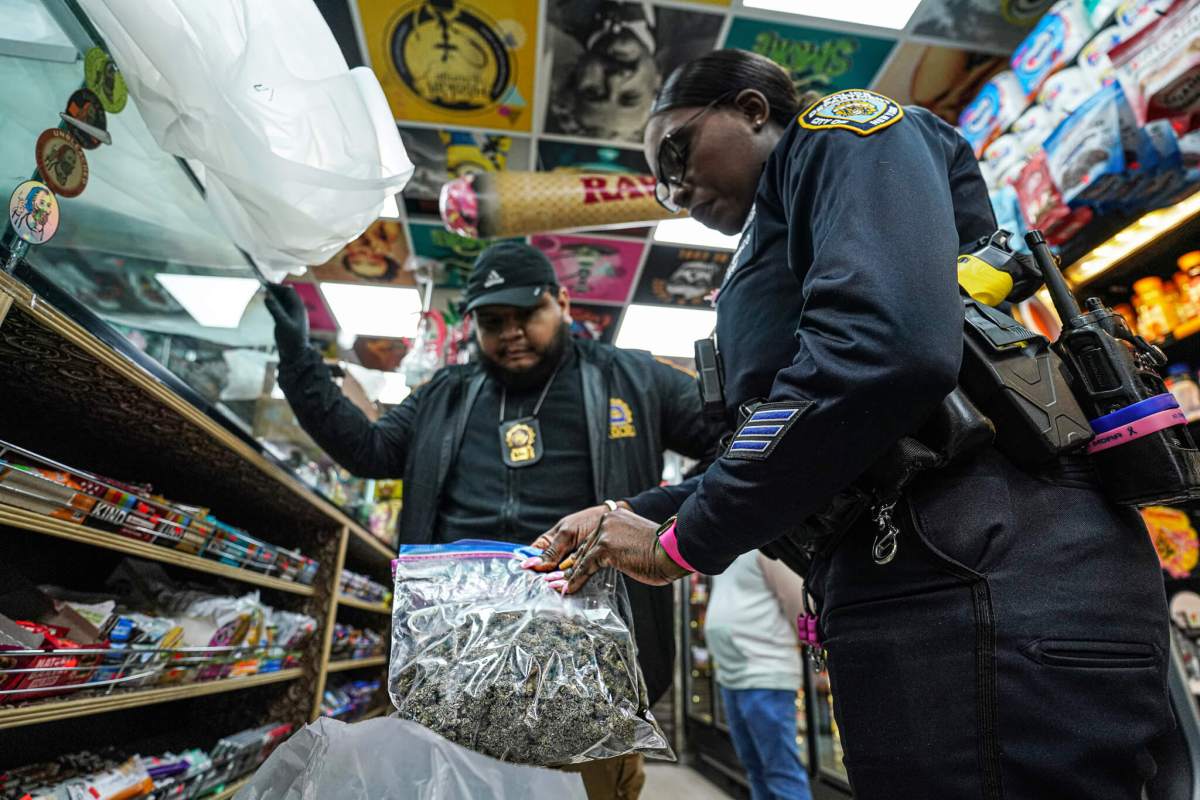
The state is advising New Yorkers to avoid the illegal marketplace and stick with licensed dispensaries.
“You will find safer products in our legal dispensaries,” said John Kagia, director of policy for the New York State Office of Cannabis Management. “All of the produce in our legal dispensaries are tested and New York has some of the toughest testing standards of any regulated cannabis market.”
Kagia said that most of the products in the unregulated market are not only untested but are often mislabeled in terms of their potency or quality.
“Consumers should not be trusting any information that they’re getting from products in the illegal market. We don’t know where those products are from, and we don’t know what’s in them.”
Kagia said that there are 10 licensed facilities across the state that have been approved to test the products. They test for the potency of the product, such as how much tetrahydrocannabinol (THC) is in them and other compounds such as cannabidiol (CBD). He said the tests also make sure the products are free of chemicals such as pesticides or metals that are not safe for consumers.
The products are packaged with the information from the tests, as well as QR codes that link to the details of the product that was tested. They also come with a certificate of analysis.
The testing facilities also examine products such as edibles, including gummies and chocolates that are legal to consume and sell by a licensed dispensary. There are potency limits on the edibles that are sold at licensed dispensaries.
“The maximum level per dose (of a gummy) is 10 milligrams of THC. The maximum level per package is 100 milligrams of THC,” Kagia said.
“You don’t want people consuming a gummy with 100 milligrams of THC in it or else they might have a bad experience.”
Identifying a legal dispensary
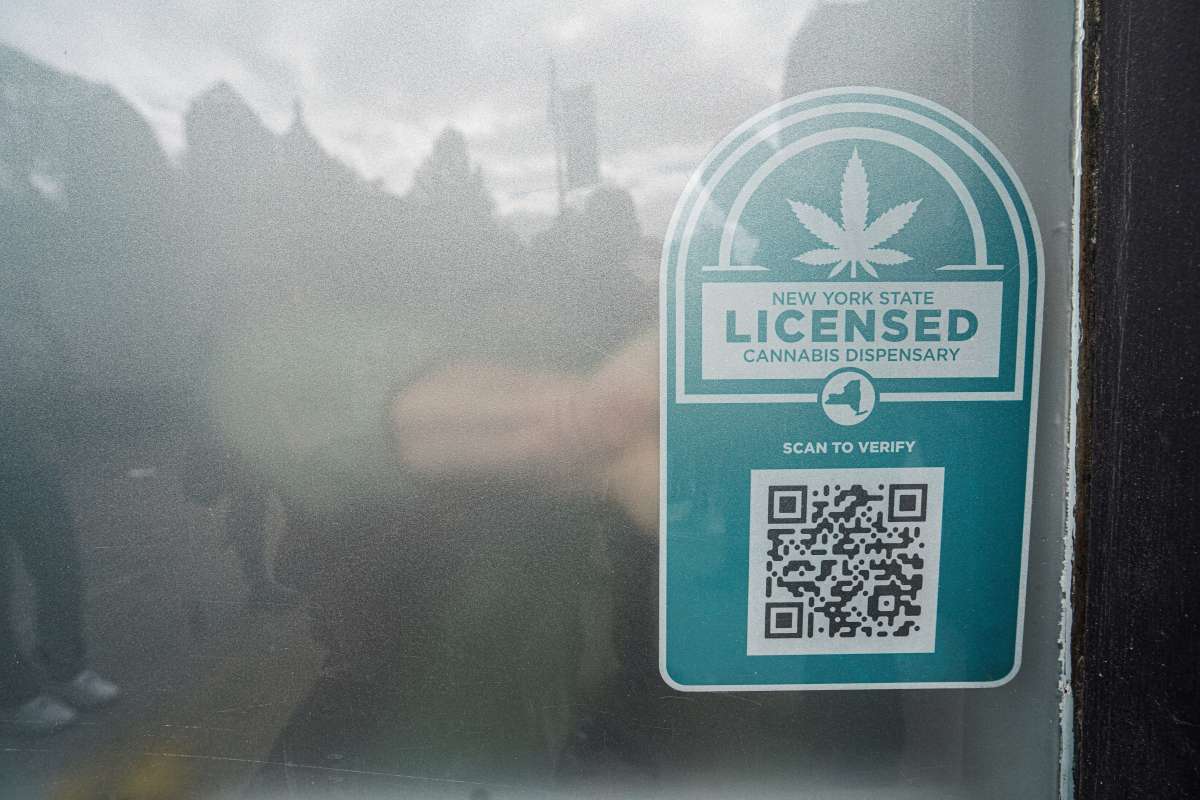
Legal dispensaries are clearly marked, with a green sign that states “New York State License Cannabis Dispensary.” The sign also includes a QR code that can be scanned that will take consumers to the state licensing database.
“If they do not have the green sign on their door or in their window that says New York State License Cannabis Dispensary, with the QR code, then that’s a surefire way of knowing that you’re not in a regulated store.”
Consumers are also able to verify whether a store is licensed by going on the Office of Cannabis Management website, cannabis.ny.gov.
Licenses
The state Office of Cannabis Management is responsible for the issuance of these permits, known as CAURD (Conditional Adult-Use Retail Dispensary) licenses.
The state has issued 165 CAURD licenses, with most of them issued this year.
However, the licenses are just a component of opening a storefront. The operators still need to meet a host of other regulations before they can open. For instance, they must show how they plan to store their products, how they will train their workforce and the security they will have in place, among other requirements.
The 2021 law, however, does permit municipalities from banning the issuance of CAURD licenses in their respective town, village or city.
In fact, many towns and villages on Long Island and Westchester are opting out. The opt outs, however, are subject to a referendum and a municipality does have the opportunity to opt into the program every year.
Medical marijuana
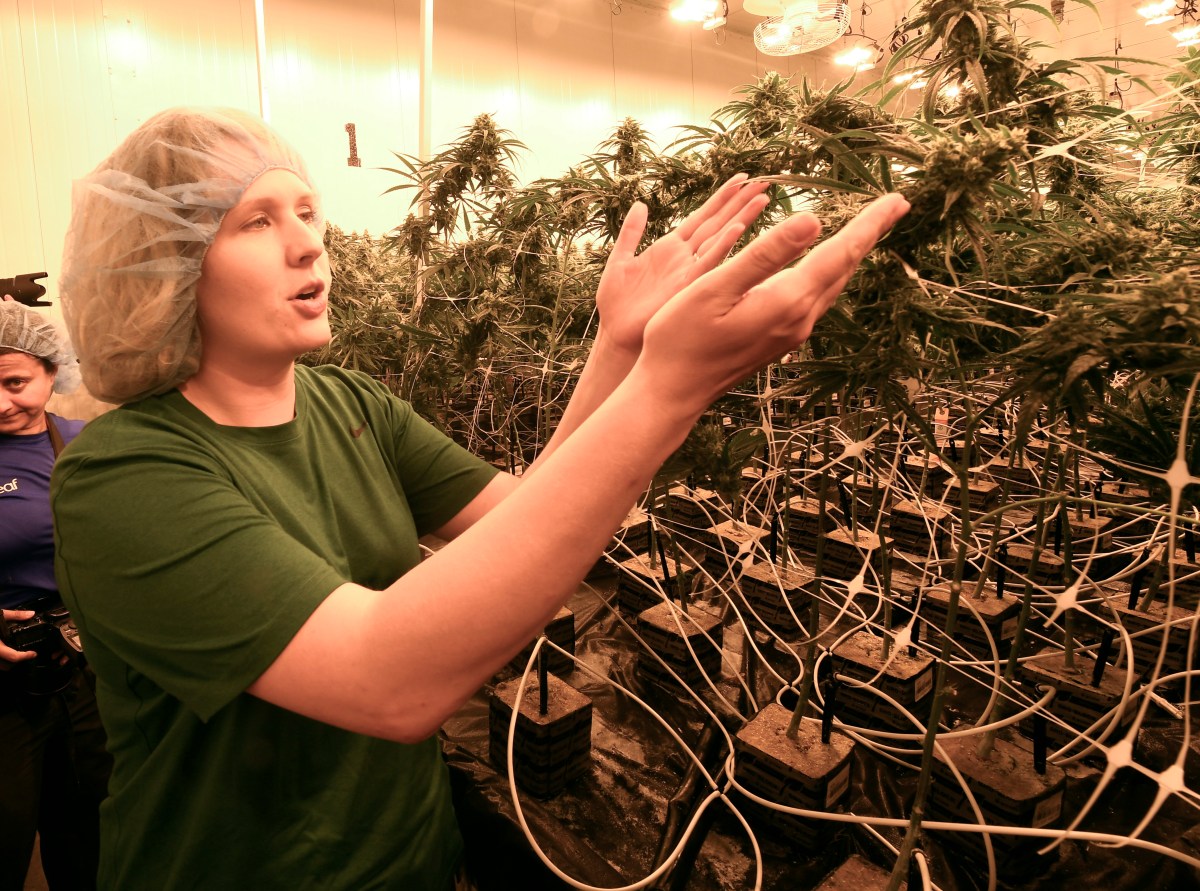
Despite the emergence of recreational dispensaries, the state still believes that medical marijuana dispensaries will remain viable, since people with severe illnesses still need guidance from healthcare providers.
The state, which legalized the use of medical marijuana in 2014, requires patients to get a health care provider to certify that medical cannabis is appropriate for specific ailments. With certification, purchases can then be made.
The 2021 law expanded the eligibility of medical cannabis (in terms of listed ailments) and now allows smokable cannabis to be purchased in medical cannabis dispensaries. Furthermore, the state permits 60-day prescriptions, up from 30.
“When the program was launched [in 2014], we had some of the most restrictive participation requirements,” said Kagia. “With the changes made over the last year or so—maybe last couple of years—we’ve dramatically reduced the barriers for patient participation.”
Kagia says that medical marijuana dispensaries remain necessary even with the opening of licensed dispensaries.
He said people with little experience with marijuana who may not be in perfect health would be well served by utilizing medical marijuana dispensaries.
“Budtenders are great but they’re not necessarily going to be able to incorporate your medical ailments into what would be the best cannabis usage for you.”
CBD
The state permits the sale of CBD products to consumers over the age of 18.
CBD products, however, are not permitted to have a THC content level above 0.3%, the psychoactive component found in cannabis that gets people high. CBD must also be sold by licensed retailers in adherence with certain location and distribution requirements.
The license, which is issued by OCM, is separate from what the operators of recreational dispensaries require.
Other laws
It is illegal to drive while under the influence of cannabis. While there is no set limit for marijuana use as there is for alcohol, drivers will get tagged if they are deemed to be impaired. It is also illegal to smoke marijuana while driving — or even while parked.
The legislation, however, states that the police are not permitted to search a motor vehicle based on the smell of cannabis–to areas a driver can’t reach.
State and city laws also protect workers. New York City law prohibits employers from testing for cannabis before hiring. Also, employers cannot target employees who use cannabis outside of work, although they can take action against workers who are impaired by cannabis on the job.
Private buildings may limit or prohibit smoke and vaping inside homes, depending on the lease and building rules. NYCHA, for instance, has a smoke-free policy that bans the smoking and vaping of tobacco and cannabis on the property.
Chaos
The controversy and confusion since the 2021 law was enacted comes back to the slow rollout of the issuance of CAURD licenses, experts say.
The delay has played a role in the opening of a massive underground economy. Many illegal stores have opened taking advantage of the fact that most New Yorkers are aware that marijuana is legal, while some are unsure of the legalities as to how they can obtain it and who is permitted to sell it.
Many storefront operators are also confusing consumers as they try to circumvent the rules. For instance, some operators are making illegal sales, while making them appear like a donation.
For instance, a merchant in Crown Heights called One Love Culture Shop illegally touted a “donation list” with its menu of marijuana types.
Mayor Eric Adams launched a task force in November to combat unlicensed weed sellers, which consists of the Sheriff’s office working alongside the NYPD, FDNY, city Department of Consumer and Worker Protection and state Office of Cannabis Management.
From the time it was launched through to last week, it has completed a total of 224 inspections, resulting in 45 arrests and 148 summons being issued.
“We are not going to allow these stores to stay open,” Adams said at a news conference shortly after the launch of the task force. “We don’t want them to get in the way of the legitimate industry. Our goal is not to incarcerate. It is to confiscate and educate.”
Read More: Rikers Island detainee found dead in cell — facility’s second death in first 19 days of the new year



